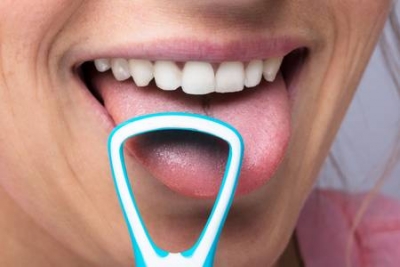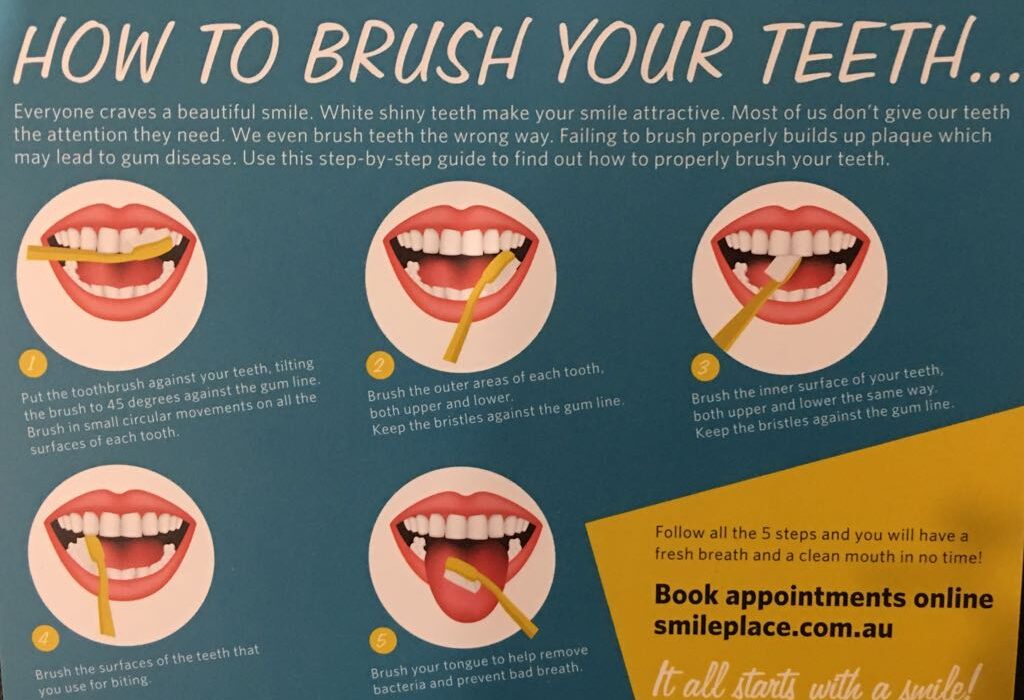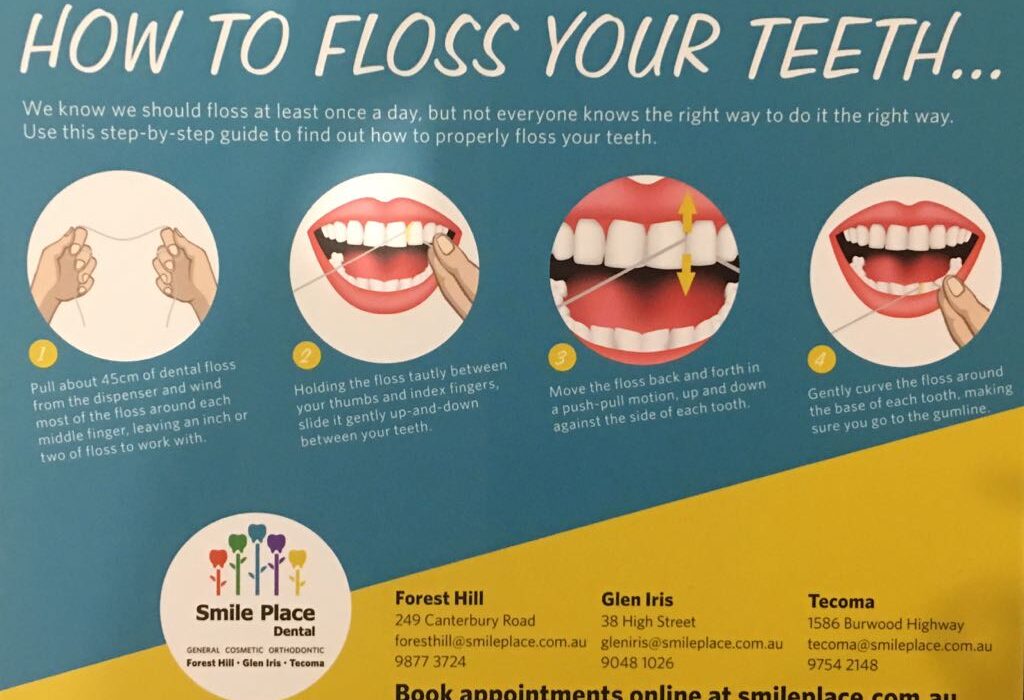
Struggling with bad breath? You’re not alone.
Unveiling the Reality of Dental Veneers: Debunking Common Myths and Highlighting Their Transformative Potential for Your Smile
Are you tired of hiding your smile because of damaged, discoloured, or misaligned teeth? Dental veneers could be the solution you’ve been seeking. However, various misconceptions might be holding you back from this transformative dental solution. Let’s put those fears to rest, debunk the myths, and illuminate the truth about dental veneers.
Dental veneers are custom-made covers typically applied to the front teeth. However, they can also be used to restore damaged teeth or enhance any tooth’s appearance.
Veneers can significantly improve the aesthetics of teeth that are damaged, malformed, or discoloured. For teeth resistant to whitening procedures, veneers offer an excellent alternative. Furthermore, they can correct misaligned teeth and large gaps, enhancing your smile’s overall appeal.
There are two primary types of dental veneers: composite resin and porcelain. While composite resin veneers are more budget-friendly, they lack the durability of porcelain veneers, which can last up to 25 years, albeit at a higher cost.
Myth 1 – Extensive Tooth Filing is Required
Contrary to popular belief, dental veneers do not require substantial tooth filing. While a thin layer of enamel is indeed removed, it’s typically less than 1 mm thick, preserving the majority of your natural tooth structure.
Myth 2 – Veneers Weaken Teeth
Many people mistakenly believe that veneers weaken teeth. However, since veneers require minimal tooth alteration, they do not compromise tooth strength. On the contrary, they can offer a slight protective advantage.
Myth 3 – Veneers Look Unnatural
The notion that veneers are “too white” or unnatural-looking is another common misconception. In reality, each veneer is tailor-made to match the colour, shape, and thickness of your natural teeth, ensuring a harmonious and natural-looking enhancement.
Myth 4 – Veneers are Fragile
Despite the association with porcelain items like crockery or dolls, porcelain veneers are remarkably strong—comparable to tooth enamel. Composite resin veneers, though not as durable as porcelain, are also robust. With adequate care, dental veneers can last for many years.
Myth 5 – Veneers Cause Numerous Side Effects
After the application of dental veneers, you may experience slightly increased sensitivity for a few days. However, this sensation quickly subsides, and some patients even report less sensitivity in the long run. The application procedure is comfortable, thanks to local anaesthesia.
Myth 6 – Veneers are Exclusive to Celebrities
The belief that veneers are only for the rich and famous, or too expensive for an average person, is a widespread myth. While veneers are often categorised as a cosmetic dental procedure, they’re accessible and affordable for anyone wishing to enhance their smile. They’re also an effective solution for restoring teeth that aren’t damaged enough to require extensive treatments like crowns.
Now that we’ve debunked these myths, it’s worth considering—could your smile benefit from dental veneers?
At Smile Place, we understand that your smile is one of your most valuable assets. Our team of experienced dental professionals is committed to restoring your confidence in your smile through our high-quality dental veneer services. Here’s why you should choose us:
Expertise: Our dentists have extensive experience and training in the application of both composite resin and porcelain veneers.
Personalised Treatment: We custom-make each veneer to match the colour, shape, and size of your natural teeth for a seamless, natural look.
Advanced Technology: We utilise the latest dental technology to ensure minimal discomfort and maximum results.
Affordable Pricing: We believe everyone deserves a beautiful smile, which is why we offer competitive pricing and flexible payment options.
Patient-Centered Care: Your comfort and satisfaction are our top priority. From your initial consultation to follow-up care, we ensure your experience is positive and personalised.
1. What are dental veneers made of?
Dental veneers are typically made of either composite resin or porcelain.
2. How long do dental veneers last?
With proper care, porcelain veneers can last up to 25 years, while composite resin veneers last between 5 to 7 years.
3. Do dental veneers look natural?
Yes, dental veneers are custom-made to match the colour and shape of your natural teeth, providing a natural-looking enhancement to your smile.
4. Will getting veneers hurt?
No, the procedure is performed under local anesthesia to ensure your comfort. You might experience slight sensitivity afterward, but it fades quickly.
5. Do veneers require special care?
No, you can care for your veneers just as you would your natural teeth with regular brushing, flossing, and dental check-ups.
6. Can veneers fix crooked teeth?
Veneers can be used to correct minor misalignments. For severe cases, orthodontic treatment might be necessary.
7. Will insurance cover my veneers?
It depends on your insurance plan. Some plans cover a portion of the cost if veneers are needed for structural reasons, not just cosmetic.
8. Are veneers reversible?
No, the procedure involves removing a thin layer of enamel, which is irreversible. However, veneers can be replaced if needed.
9. Can veneers stain or discolour?
Porcelain veneers are highly resistant to staining. Composite resin veneers can stain over time but can be polished during regular dental cleanings.
10. How many appointments will I need for veneers?
Typically, getting veneers requires two appointments: one for the initial consultation and preparation of the teeth, and another for the application of the veneers.
Author Summary – Dr Chitra Rao

Dr. Chitra Rao has over a decade of experience in dentistry, specifically in the field of cosmetic and orthodontic treatments. Dedicated to achieving optimal results, she takes a detailed and personalised approach to creating beautiful, confident smiles for her patients. Outside of dentistry, Dr. Chitra enjoys staying active, traveling, and spending time with her family.

Struggling with bad breath? You’re not alone.

Keep it clean, keep it bright with these simple tips.

Do you brush twice a day, use a mouthwash, and still struggle with bad breath or surprise cavities? If so, the problem may be caused by inconsistent flossing. Most people skip flossing and those who do floss, often don’t do it right, leaving behind plaque and food debris. The good news? Flossing properly takes just […]